
“I grew up in Manhattan,” begins Shari Rossmann. “My father was older–it was such a surprise to him, having a family. He adored having children and spent a lot of time with us. Each of us had our own day with him. Mine was Saturday, and we would often go on some kind of food adventure.”
Heading to Schaller & Weber on the Upper East Side of Manhattan, in what was then known as Germantown, they’d taste sausages and potato salad; in Lower Manhattan they’d visit Di Palo’s in Little Italy and sample different cheeses and cured meats. A food lover himself, Shari’s dad taught her about food from a young age.
“I remember going to a meat wholesaler with him. He took me right into the meat lockers to buy steaks. But we’d also go out to nice restaurants, like Patsy’s. He loved food, and my mother wasn’t passionate about cooking, so food was something we explored outside of our home.”
While she inherited this passion for food from her father, Shari didn’t initially consider a career in food, instead entering the banking industry, working full-time while earning her MBA at the University of Chicago in the evening. “I really credit my MBA education for teaching me how to cook,” Shari says. “I had a friend and fellow student who was a food engineer and brand manager for Quaker Foods, and she was a fantastic cook. We’d go out to a fancy restaurant like Charlie Trotter’s, or to a little Polish restaurant out in the suburbs, and then we’d recreate those meals at home, hand-cranking pasta and figuring out recipes.”
Years later, Shari and her young family made the move to Montgomery, Alabama, a place she says, “I’d never imagined I would travel through, much less live in.” As a native New Yorker, she loved the urban pace and environment. But in Montgomery she was determined to “bloom where I was planted” and began working for the Southern Poverty Law Center as the Director of Marketing for tolerance.org. And while she very much embraced the social justice movement, and wanted to find her own role in it, she found that position wasn’t it. “I don’t think I had lived enough life yet,” Shari explains. “But I was about to, as it turned out. I learned things in Alabama that I never would have learned anywhere else, and it has all helped guide my moral compass.”
As the state capitol and a government town, Montgomery would shut down at 5:00 p.m. every day, and aside from a few fried chicken and “meat and three” restaurants, there weren’t many eating establishments downtown. With a business partner, Shari decided to buy what had been a gallery space and transform it into what was originally intended to be an espresso bar: Cool Beans and Cafe d’Arte. “An espresso bar in a sweet-tea town,” Shari laughs. “Talk about doing things the hard way!” They had H&H Bagels shipped from Manhattan, which helped to distinguish them, and soon began serving lunch as well.
 In the restaurant, Shari found her way to build community in Montgomery, and the cafe soon became a hub. Near the Dexter King Memorial Baptist Church, where Martin Luther King Jr. had once served as pastor, and down the street from the State Capitol Building, which at that time still flew the Confederate flag, Shari welcomed everyone into the Cafe–but she never hid her politics, and she relished the opportunities to engage with her customers. Customers would come for lunch several times a week, or for regular meetings, and Shari got to know them well. “I’d learn who had an allergy, or couldn’t have salt, and I’d remember those details, so people felt safe coming in to eat,” she says. One of their frequent specials was “Shari’s gumbo” served with a roasted chicken leg on the side, but Shari would be sure to make a gluten-free version for certain customers.
In the restaurant, Shari found her way to build community in Montgomery, and the cafe soon became a hub. Near the Dexter King Memorial Baptist Church, where Martin Luther King Jr. had once served as pastor, and down the street from the State Capitol Building, which at that time still flew the Confederate flag, Shari welcomed everyone into the Cafe–but she never hid her politics, and she relished the opportunities to engage with her customers. Customers would come for lunch several times a week, or for regular meetings, and Shari got to know them well. “I’d learn who had an allergy, or couldn’t have salt, and I’d remember those details, so people felt safe coming in to eat,” she says. One of their frequent specials was “Shari’s gumbo” served with a roasted chicken leg on the side, but Shari would be sure to make a gluten-free version for certain customers.
“I learned so much about service by working in a restaurant,” Shari shares. “I learned about giving to charity when I was growing up, but I learned about service to the community by owning a restaurant.” Though an experienced manager, this was Shari’s first time managing people outside of a corporate setting, and it brought particular challenges. “I would get to know the staff I hired, so that when they had struggles I could help coach them through and support them.” Over the years, some of her staff struggled with addiction, or had parents struggling with addiction. Several times she brought members of the staff home to stay with her family until they got back on their feet. And there were other challenges.
“I understood good food, but honestly if I knew then what I know now I probably wouldn’t have been so bold as to think I could do it,” says Shari. “I didn’t have any idea how hard it would be. The restaurant business is very unforgiving.” Beholden to delivery schedules, sometimes unreliable staff and an unpredictable customer base, she quickly learned to be flexible and roll with what each day brought. “When customers didn’t show up because they were all attending a big funeral in town,” she remembers, “I quickly got to know the church ministers in town and offered my catering services.”
It became sort of a salon, and she loved the theater of it; working elbow-to-elbow with her chef in a small kitchen space, serving healthy, home-cooked food, talking with and getting to know customers of all different backgrounds.
But after eight years, her family made the decision to move back north to be closer to aging parents.
“I believe that you choose a place, and it chooses you,” says Shari. “We didn’t arrive at George School by accident.”
Here, Shari explains, food is also a big part of how George School builds community. “Food breaks down barriers; it’s an equalizer, a socializer, a comfort. People identify very strongly with food–not always consciously, but strongly.”
As Director of Student Activities, Shari appreciates that students are strongly connected with their home foods, and draws on her own experiences to encourage, teach, and enable students to share these connections. “As a global community, food is certainly a touch point,” Shari says. “Students are eager to share recipes and dishes from home. We used to host one international night each year; that has evolved into five nights. Many affinity groups want to have their own dedicated night and showcase food from their homes and cultures.”
Students also enjoy doing the cooking themselves. Shari helps them plan, source, and purchase ingredients, and create their dishes. She teaches them kitchen skills; how to properly use knives, practice kitchen safety, and clean up properly. Students serve large volumes of food to their peers, and thus learn to respect the work of the dining room staff; they experience how challenging it is to cook and serve for a large number of people.
“Food is a very real way to share culture,” Shari explains. “Students often begin by wanting to enjoy their familiar foods, but then become proud to share these foods with their classmates and peers.”
Food can also be part of a larger learning experience. Working in collaboration with the English Department, Shari will visit classes discussing Argentinian literature, talk about the Jewish and Moorish diaspora, then make Argentinian empanadas with olives, sultanas, and other ingredients originally from Morocco and Spain. And the learning goes both ways.
“I continue to learn from our students; we compare recipes,” Shari says. “I learned to love the piquant and sweet flavor palette of Moroccan food with students from Afghanistan, and I’ve learned to distinguish Latin cooking; each country has its own way of doing things. Students often learn to cook from their mothers or grandmothers, and we’ll compare recipes and find ways to source the ingredients needed.”
“Food is also, as Tom Hoopes [Head of Religions Department] once said to me, another way of saying ‘I love you’ to a teenager.” Shari also makes time to feed kids fun, comfort foods like macaroni and cheese, French fries, s’mores, ice cream sundaes, and hot chocolate. The boys’ basketball team came to the kitchen one recent Saturday night and made cookies for all of the students.
“But even with comfort food, we have to do it the right way,” Shari says. “Waffles are popular, but we don’t make waffles from a mix, we’re whipping egg whites and mixing flour, and the kids are covered with it–and they love it.”

Students making Colombian arepas; The boys’ basketball team bakes cookies for the community; Students enjoy homemade pizza

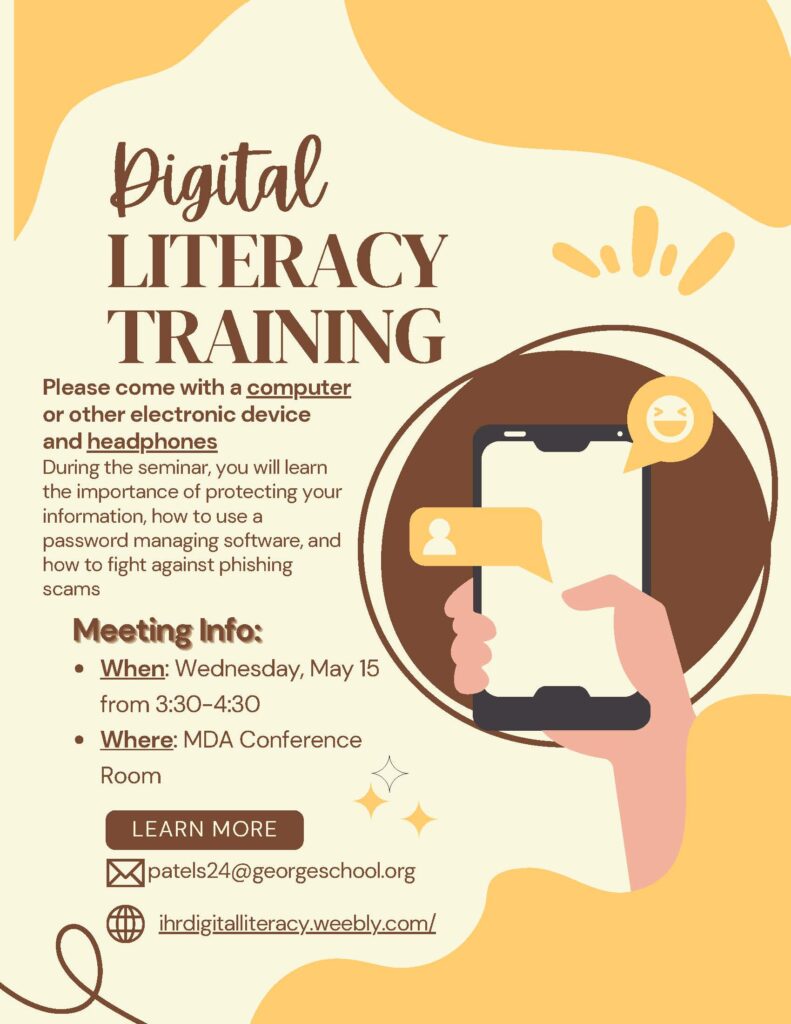
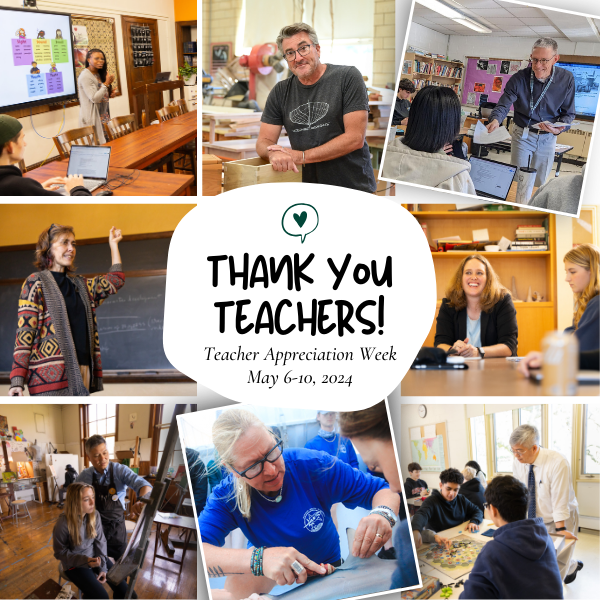




 Monastir, Tunisia, and Amman, Jordan
Monastir, Tunisia, and Amman, Jordan Irvine, CA
Irvine, CA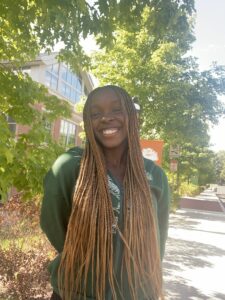 Feasterville-Trevose, PA
Feasterville-Trevose, PA New Hope, PA (Previously NYC)
New Hope, PA (Previously NYC) Richboro, PA
Richboro, PA Englewood, NJ
Englewood, NJ Ningbo, Zhejiang, China
Ningbo, Zhejiang, China Willingboro, NJ
Willingboro, NJ Yardley, PA
Yardley, PA Newtown, PA
Newtown, PA Holicong, PA
Holicong, PA Newtown, PA
Newtown, PA Hamilton, NJ
Hamilton, NJ Yardley, PA
Yardley, PA Lambertville, NJ
Lambertville, NJ Chongqing, China
Chongqing, China Pennington, NJ
Pennington, NJ Yardley, PA
Yardley, PA Bensalem, PA
Bensalem, PA Borgota, Colombia
Borgota, Colombia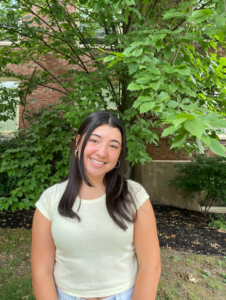 Newtown, PA
Newtown, PA Burlington, NJ
Burlington, NJ Langhorne, PA
Langhorne, PA Princeton, NJ
Princeton, NJ Langhorne, PA
Langhorne, PA New York City, NY
New York City, NY New Hope, PA
New Hope, PA St. Catharines, Ontario, Canada
St. Catharines, Ontario, Canada Providenciales, Turks and Caicos Islands
Providenciales, Turks and Caicos Islands Willingboro, NJ
Willingboro, NJ Princeton, NJ
Princeton, NJ
 Newark, NJ
Newark, NJ Trenton, NJ
Trenton, NJ Newtown, PA
Newtown, PA
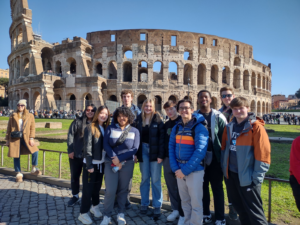
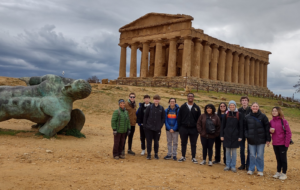

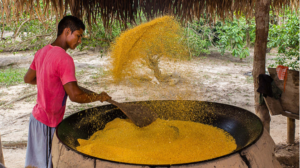



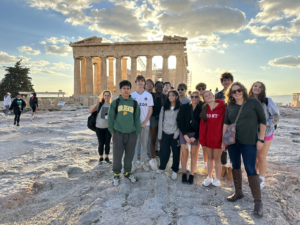
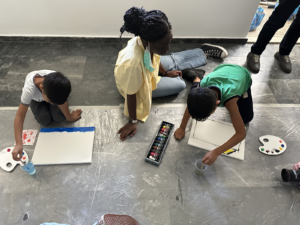
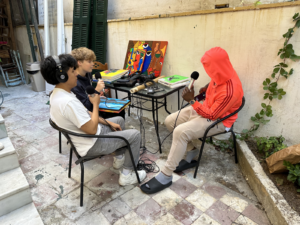

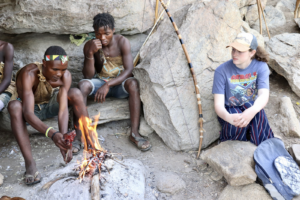
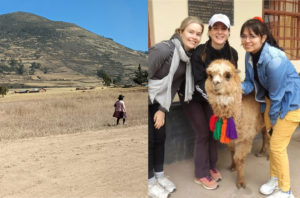





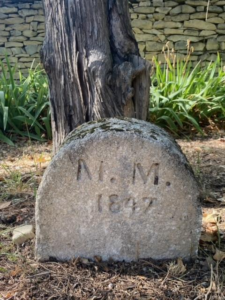
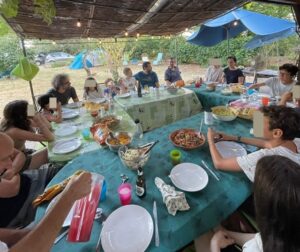
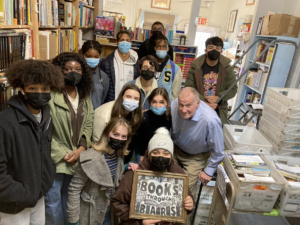
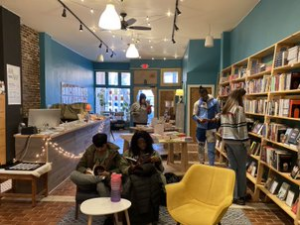

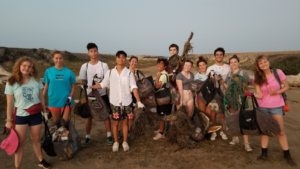

 Lawrence, NJ
Lawrence, NJ Seoul, South Korea
Seoul, South Korea
 Milwaukee, Wisconsin
Milwaukee, Wisconsin Pennington, NJ
Pennington, NJ Jenkintown, PA
Jenkintown, PA Ottsville, PA
Ottsville, PA Yardley, PA
Yardley, PA Providenciales, Turks and Caicos Islands
Providenciales, Turks and Caicos Islands Hopewell, NJ
Hopewell, NJ
 Pottstown, PA
Pottstown, PA Playa del Carmen, Quintana Roo, México
Playa del Carmen, Quintana Roo, México Shanghai, China
Shanghai, China Beijing, China
Beijing, China Yardley, PA
Yardley, PA Beijing, China
Beijing, China Holland, PA
Holland, PA Langhorne, PA
Langhorne, PA Ringoes, NJ
Ringoes, NJ New Hope, PA
New Hope, PA Dreshner, PA
Dreshner, PA Yardley, PA
Yardley, PA Yardley, PA
Yardley, PA PA
PA


 Xi’an, China
Xi’an, China





